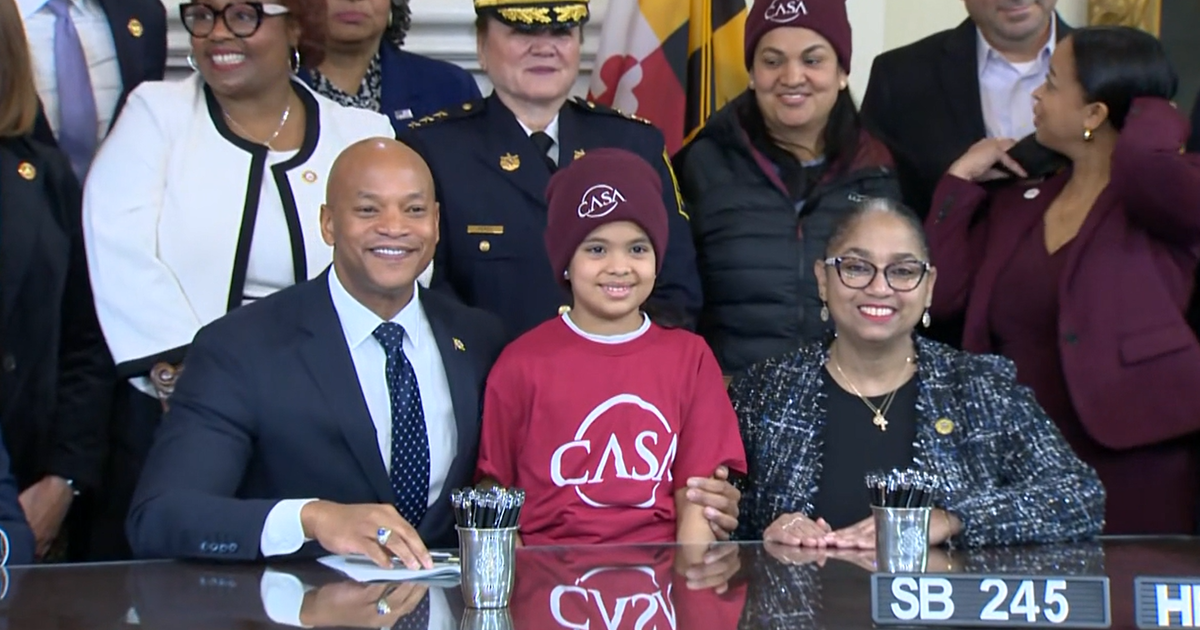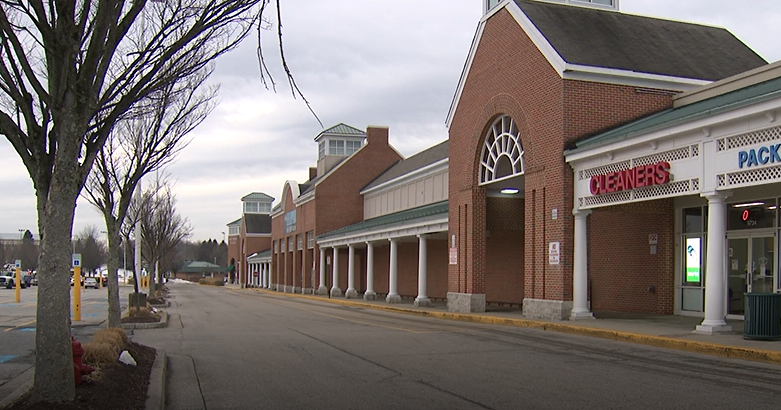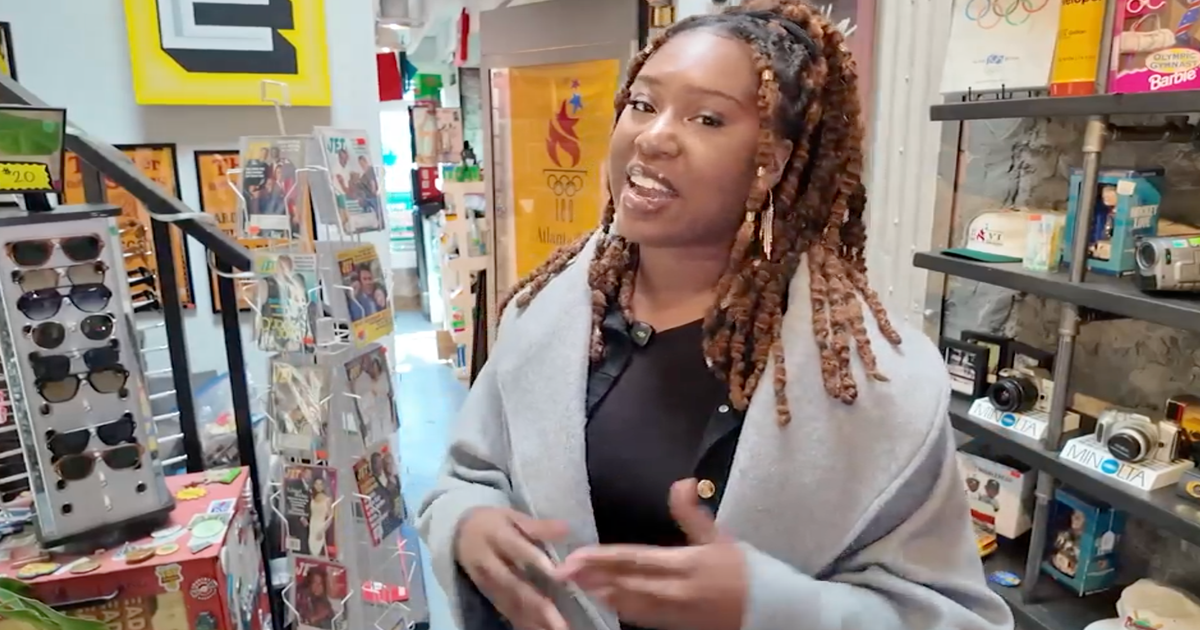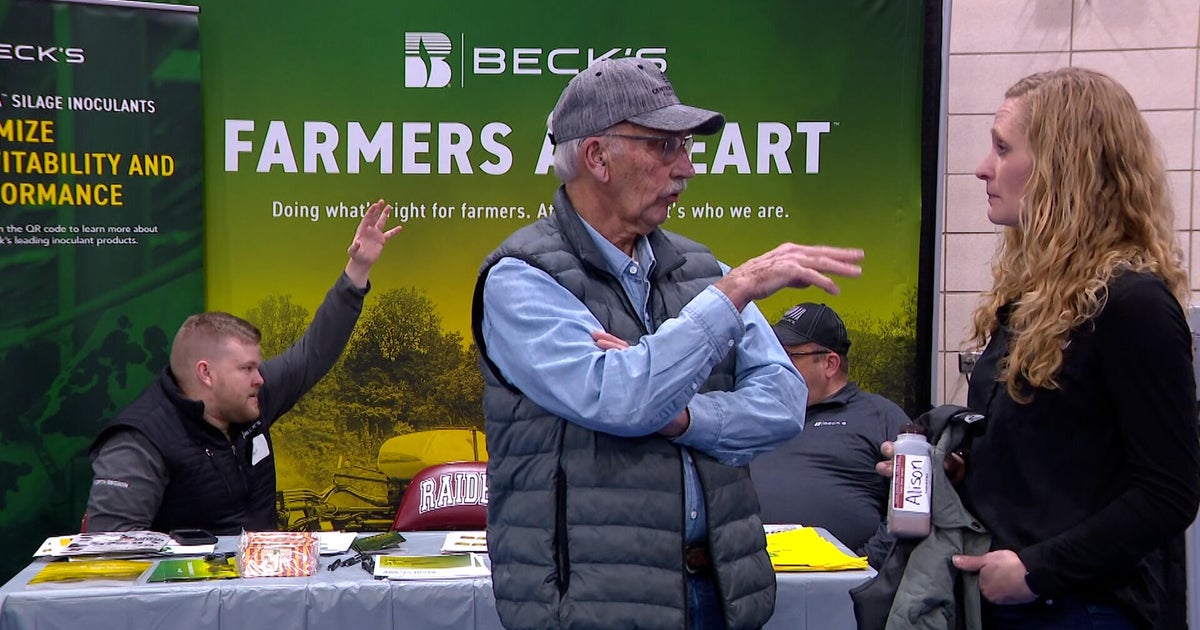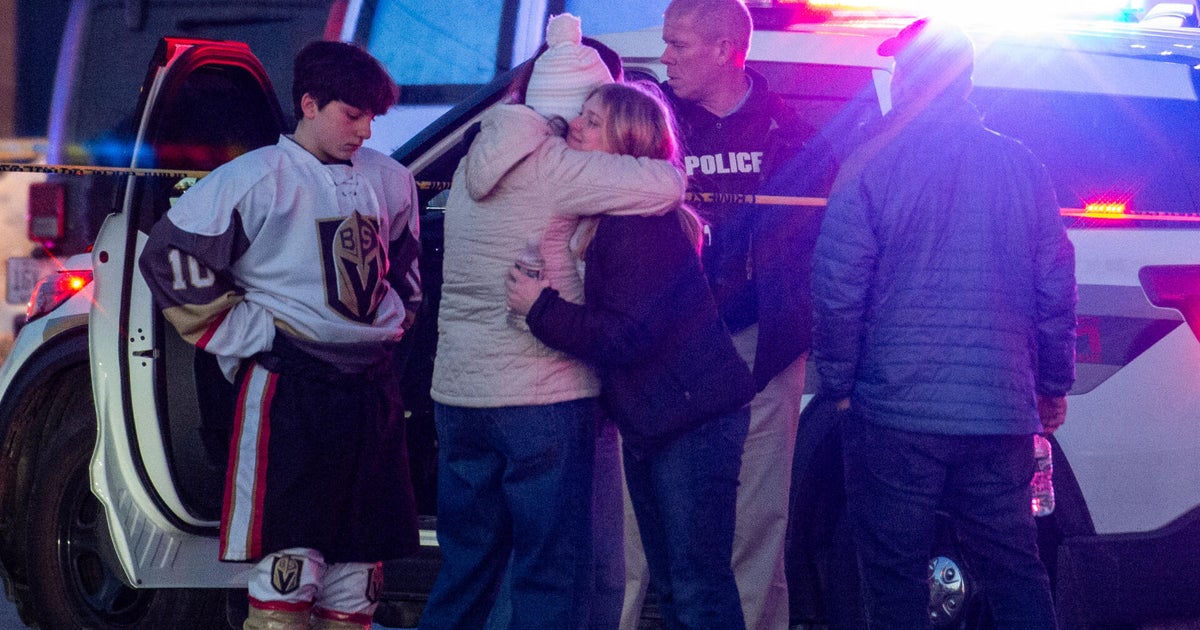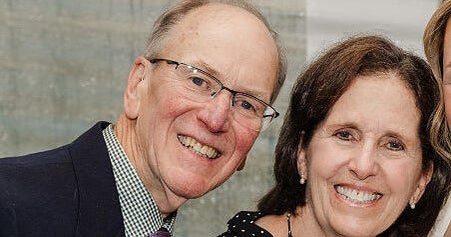Man Behind 'Ice Bucket Challenge' Gets His Voice Back Thanks To Technology
NEW YORK (CBSNewYork) -- The man who to helped start the "Ice Bucket Challenge" is speaking out about ALS, even after the disease took his voice.
Now, a new program could help other people make their voices heard.
Four years ago, the Ice Bucket Challenge went viral. Thousands participated, starting with Pat Quinn, who co-cofounded the challenge.
He became the voice of ALS after he was diagnosed with Lou Gehrig's disease, a progressive neurodegenerative illness affecting nerve cells in the spinal cord and brain.
"ALS is a tough disease. It's not very well known," Quinn said. "Creating awareness and being an advocate is what I wanted to do."
He spoke out over and over again. He spoke out until the disease took his voice.
Quinn didn't let this stop him. Using an eye gazer, he continued his advocacy work online. He even reached out to CBS2's Mary Calvi on Twitter to let her know about an amazing development that's giving him his voice back.
A technology program called Project Revoice recreated his voice from his many speeches and interviews.
His family and friends gathered to hear him speak again in his own voice.
"Sorry, I'm not going out that easy," he said. "I will make sure my voice is heard again. Guess who's back, b******."
"To be able to hear him ask, talk -- we'll watch a game or something and he'll say, 'wow did you see that?' or something -- it's almost like we can have a conversation now," said his father.
The Ice Bucket Challenge raised $220 million. Several genes linked to ALS have been found, now treatments and trials are advancing.
"The Ice Bucket Challenge started that hope, but we need to push harder until people are living with this disease not just dying from it," Quinn said.
Money raised is now making the revoice technology available at no cost to all ALS sufferers to allow them to record their voice before it's gone.
"Now, this enables him to go out, to speak more, to use his voice, to be that leader of the ALS community that he is," said Brian Frederick, of the ALS Association.
"Now with my voice back, I feel like I just got a little piece of me back," Quinn said.
Quinn speaks in Washington, D.C. this week, where he is using his voice to push for more research to find a cure.
